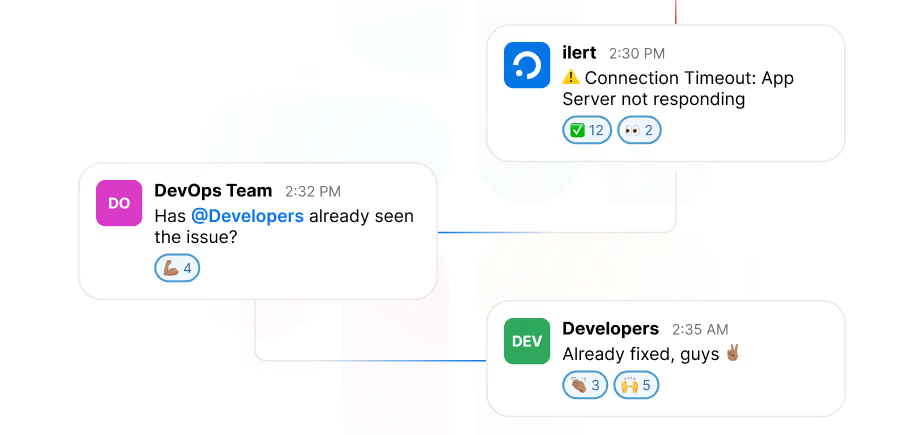How it works
Alerts



Deployments
Commit Hash: b7f4c3d
Author: John Doe
Timestamp: 2024-11-27 14:30 UTC
Deployment Details:
Deployed branch: main
Included PRs:
Added caching logic but failed to account for scenarios where cached data is unavailable, leading to null pointer exceptions.























